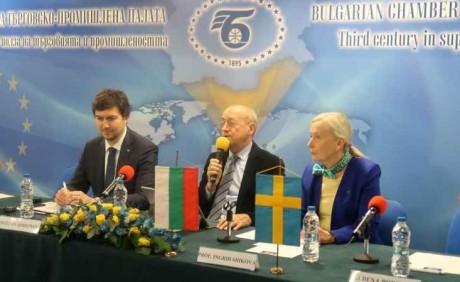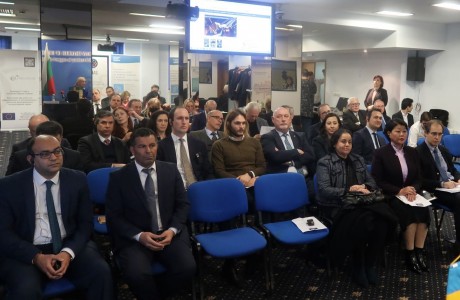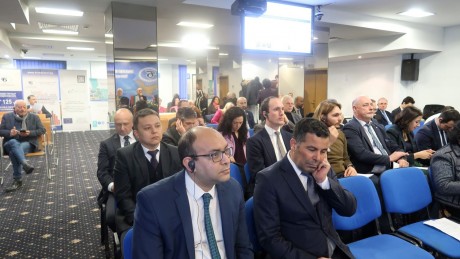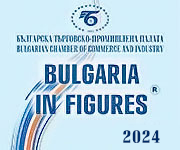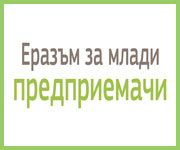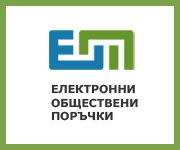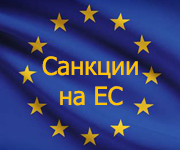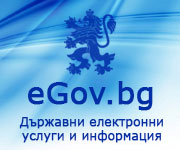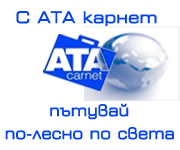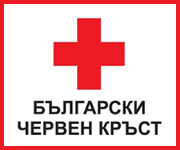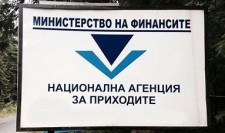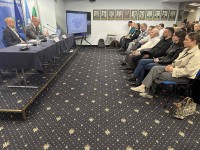Meeting of the EU Club at BCCI on the occasion of the start of the Swedish Presidency of the Council of the EU
The Bulgarian Chamber of Commerce and Industry hosted the regular meeting of the EU Club on the occasion of the start of the Swedish Presidency of the Council of the EU. The BCCI President Tsvetan Simeonov opened the event and emphasized that the challenges facing the EU will continue in 2023 – the war in Ukraine, the energy crisis and their consequences.
H.E. Mr. Lukaš Kaucký, Ambassador Extraordinary and Plenipotentiary of the Czech Republic also took part in the meeting to mark the end of the Czech Presidency. The Ambassador gave a broad overview of the results achieved by his country during its presidency of the Council of the EU. During the entire mandate, constant contact was maintained with all EU member states, with the European Commission, and with various EU structures.
In compliance with its priorities, the Czech Republic worked to provide support to Ukraine during the war, as well as to solve the Community’s energy problems. Four meetings of the foreign ministers of the EU member-states were held, as well as 50 high-level events dedicated to foreign relations. The diplomatic missions of the Czech Republic carried out more than 400 events during the presidency. A consensus was reached at the EU level on the future of the Eastern Partnership and its relations with Europe. In addition, with regard to the enlargement of the European Union, a number of talks were held on the future accession of Balkan countries. The issue of reducing roaming costs on the peninsula was raised. Bosnia and Herzegovina was granted a candidate status. The application of Kosovo for membership in the EU was accepted.
Ambassador Kaucký also paid attention to the EU's relations with overseas partners - the USA and Canada, the Pacific Dialogue, Africa, the Caribbean, etc.
Prof. Ingrid Shikova, President of the EU Club, summarized both the past and the present year. She wished the participants in the meeting – diplomats, businessmen, journalists and partners of the BCCI, all business plans to be implemented and Europe to be preserved in the way its citizens want it to be. Although the EU is changing, the European market is developing. The aspiration to remove unnecessary barriers, redundant legislation and requirements remains. According to Prof. Shikova, the EU should not lag behind and must remain strong and capable, with better regulations, clear policy in the field of competition, levelplaying, lasting access to markets, ensuring supply chains, achieving strategic autonomy, being "as open as possible, as autonomous as necessary".
The priorities of the Swedish Presidency of the Council of the EU, which began on 1st January 2023, were presented by H.E. Mrs. Katarina Rangnitt, Ambassador Extraordinary and Plenipotentiary of the Kingdom of Sweden via video address.
Ambassador Rangnitt presented the four main priorities that will guide Sweden's work: security, competitiveness, green and energy transitions, democratic values and rule of law.
The challenges at the beginning of the Swedish Presidency are historic for the member-states and for the European Union as a whole. The war in Ukraine is a threat to the European security, with dire consequences for migration as well as for global food and energy supplies. European economies have been badly affected by the war, as well as by the ongoing manipulation of energy supplies. The rising inflation rates, interest rates and energy prices have put companies and citizens in a difficult position. The decisive actions already taken do not exclude but require a transition to green economy and preserving the basis of the European economic model for long-term growth.
The sustainable energy programmes of the Bulgarian Development Bank were presented during the EU Club meeting by Ms. Sophia Kassidova, Head of Strategic and green policy in BDB.
Още новини:
-
19-01-2023
-
17-01-2023

 1 USD =
1 USD =  1 GBP =
1 GBP =  1 CHF =
1 CHF =  ISO 9001:2015
ISO 9001:2015